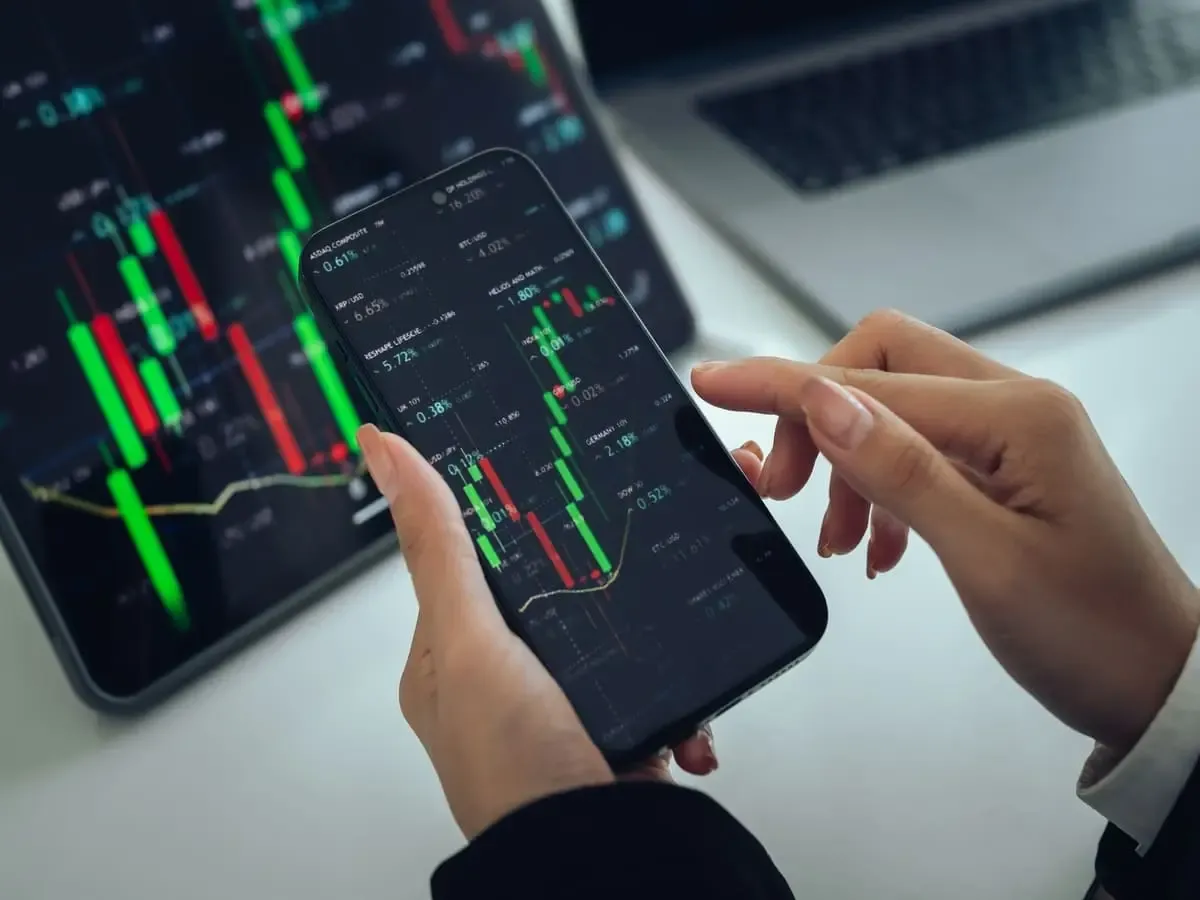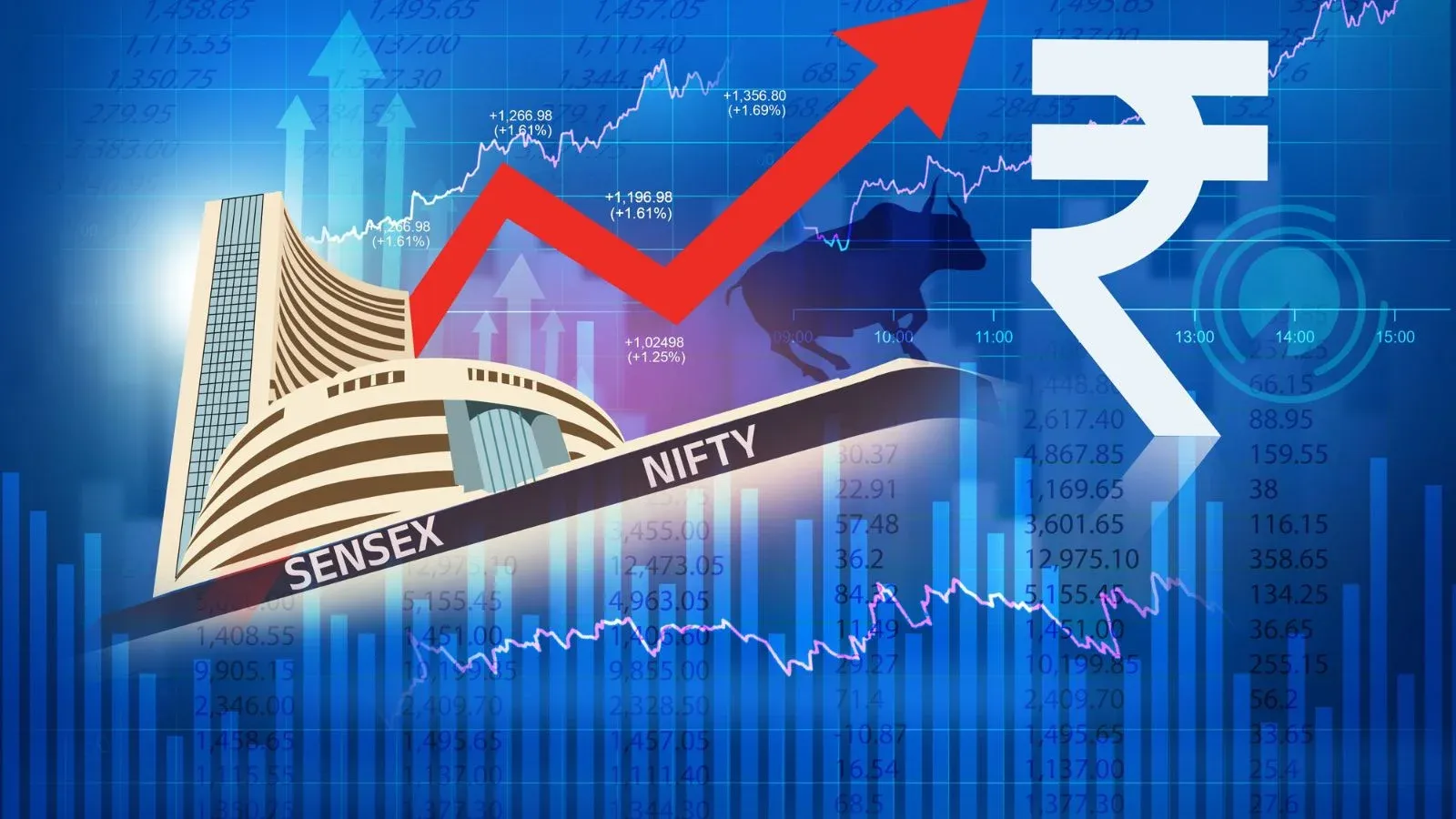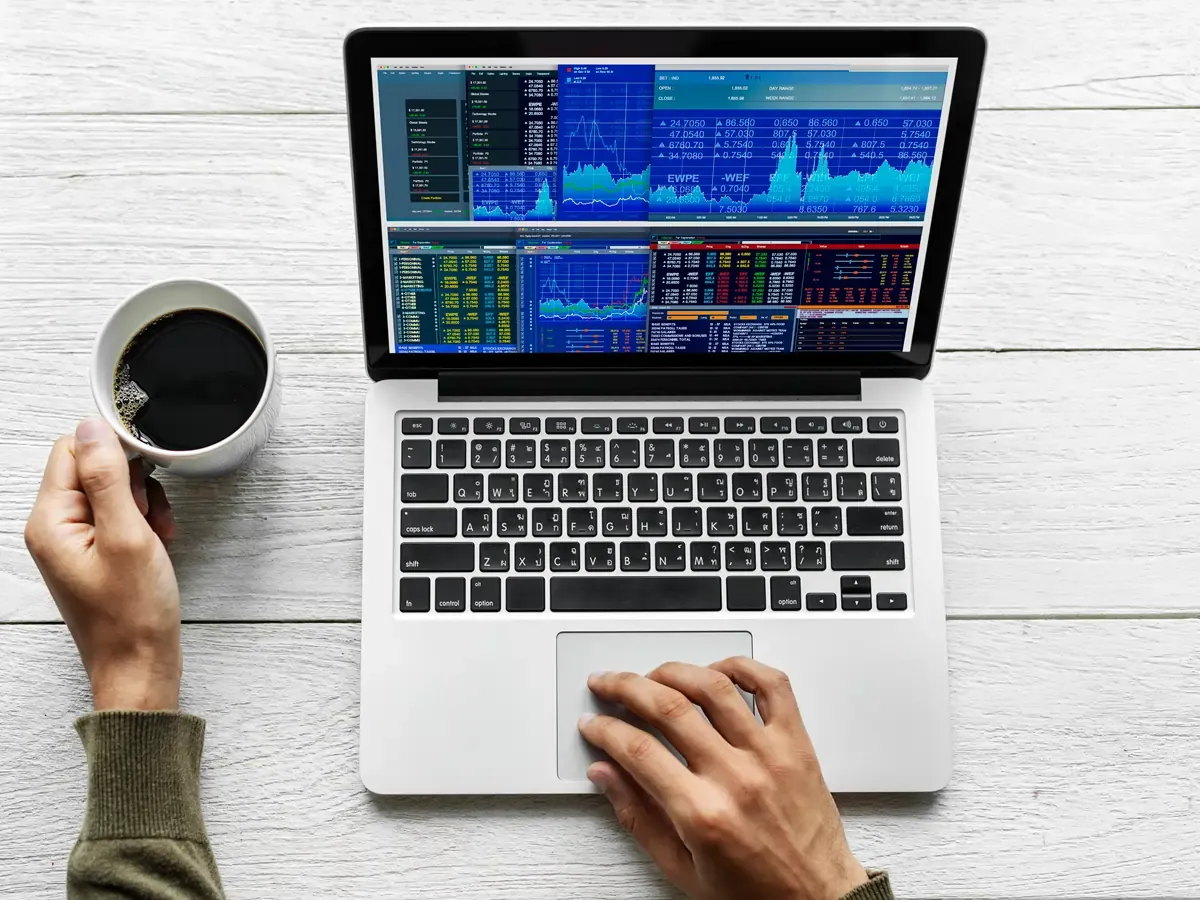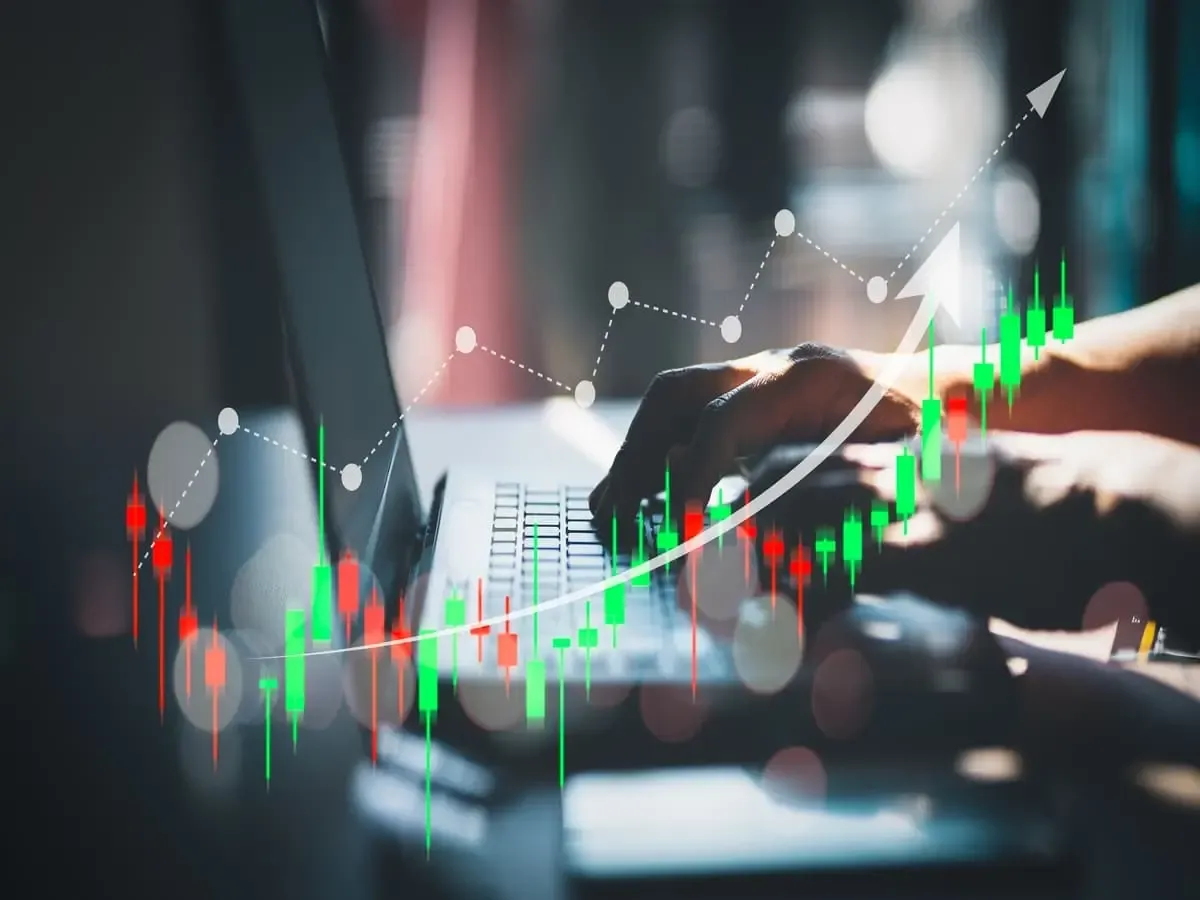What Is Insider Trading in India - Meaning, Regulations, Examples, & Types
Written by Pradnya Surana
Published on December 19, 2025 | 3 min read

Insider trading is the act of buying, selling or dealing in shares or securities of a publicly listed company by people who have critical information of the company, which is yet unknown to the general public. This information, known as ‘unpublished price-sensitive information (UPSI)’.
Who is an Insider?
An insider can be anyone connected to the company, such as directors, employees, auditors, legal advisers, consultants, family members of executives or any person who has access to confidential information.
What is UPSI?
UPSI can be quarterly results, a probable merger and acquisition, a management change, a product launch, etc. Basically, it's any information that, once it becomes public, can affect the price of the share.
What Happens if Insiders Trade Illegally?
If an insider has critical information, which is due to his position and he uses it to his advantage, it's an unfair practice. The insider knows that particular information can affect the share price once the general public knows it. If he buys shares in anticipation of a price rise or sells them if he senses the prices will further go down, this is called illegal insider trading.
In India, insider trading is considered a serious offence because it gives an unfair advantage to those with secret information, while ordinary investors trade without knowing the truth.
It must be noted that some provisions, like a dedicated trade window, are made particularly for insiders to trade. This insider trading is legal.
Insider Trading Regulations in India
SEBI (Securities and Exchange Board of India) governs and regulates insider trading in India. The regulations are aimed at ensuring fairness and transparency in the securities market. The Main Aspects of Regulation
Definition of UPSI
SEBI clearly defines Unpublished Price-Sensitive Information as information that, if made public, can affect the share price. Insiders are strictly prohibited from trading when they possess UPSI.
Trading Window
Listed companies must maintain a trading window. When some major announcements or financial results are due, the trading window remains closed. During this period, insiders cannot trade in the company’s securities.
Code of Conduct
All listed companies must create an internal code of conduct for prevention of insider trading. This includes procedures for handling UPSI, rules for designated employees, and guidelines for reporting suspicious activity.
Disclosures
Promoters, directors and key personnel must disclose their trades in the company’s shares to SEBI and stock exchanges. This ensures public transparency and reinforces fair practice.
Fine and Penalty
SEBI can impose fines, freeze an insider's bank accounts, ban individuals from the securities market and also initiate criminal prosecution. Penalties can be as high as several lakh rupees or multiple times the profit made.
Types of Insider Trading in India
Insider trading can be classified into legal and illegal forms:
Legal Insider Trading
Not all trading by insiders is illegal. If insiders buy or sell shares without UPSI and follow SEBI’s disclosure rules, it is considered legal. For example, a company director buying shares during an open trading window and properly reporting the transaction is legal.
Illegal Insider Trading
This occurs when insiders use confidential price-sensitive information to trade to their advantage. It is illegal because it harms ordinary investors and manipulates market fairness. Illegal insider trading is usually executed through hidden deals, undisclosed profits, phone-based tips to any concerned party like a friend, relative or a broker.
Insider trading in India is a prohibited practice that hampers fairness in the stock market. SEBI’s regulations ensure that no one misuses confidential information for personal gain and that investors get a fair trading ground.
About Author
Pradnya Surana
Sub-Editor
is an engineering and management graduate with 12 years of experience in India’s leading banks. With a natural flair for writing and a passion for all things finance, she reinvented herself as a financial writer. Her work reflects her ability to view the industry from both sides of the table, the financial service provider and the consumer. Experience in fast paced consumer facing roles adds depth, clarity and relevance to her writing.
Read more from PradnyaUpstox is a leading Indian financial services company that offers online trading and investment services in stocks, commodities, currencies, mutual funds, and more. Founded in 2009 and headquartered in Mumbai, Upstox is backed by prominent investors including Ratan Tata, Tiger Global, and Kalaari Capital. It operates under RKSV Securities and is registered with SEBI, NSE, BSE, and other regulatory bodies, ensuring secure and compliant trading experiences.

























